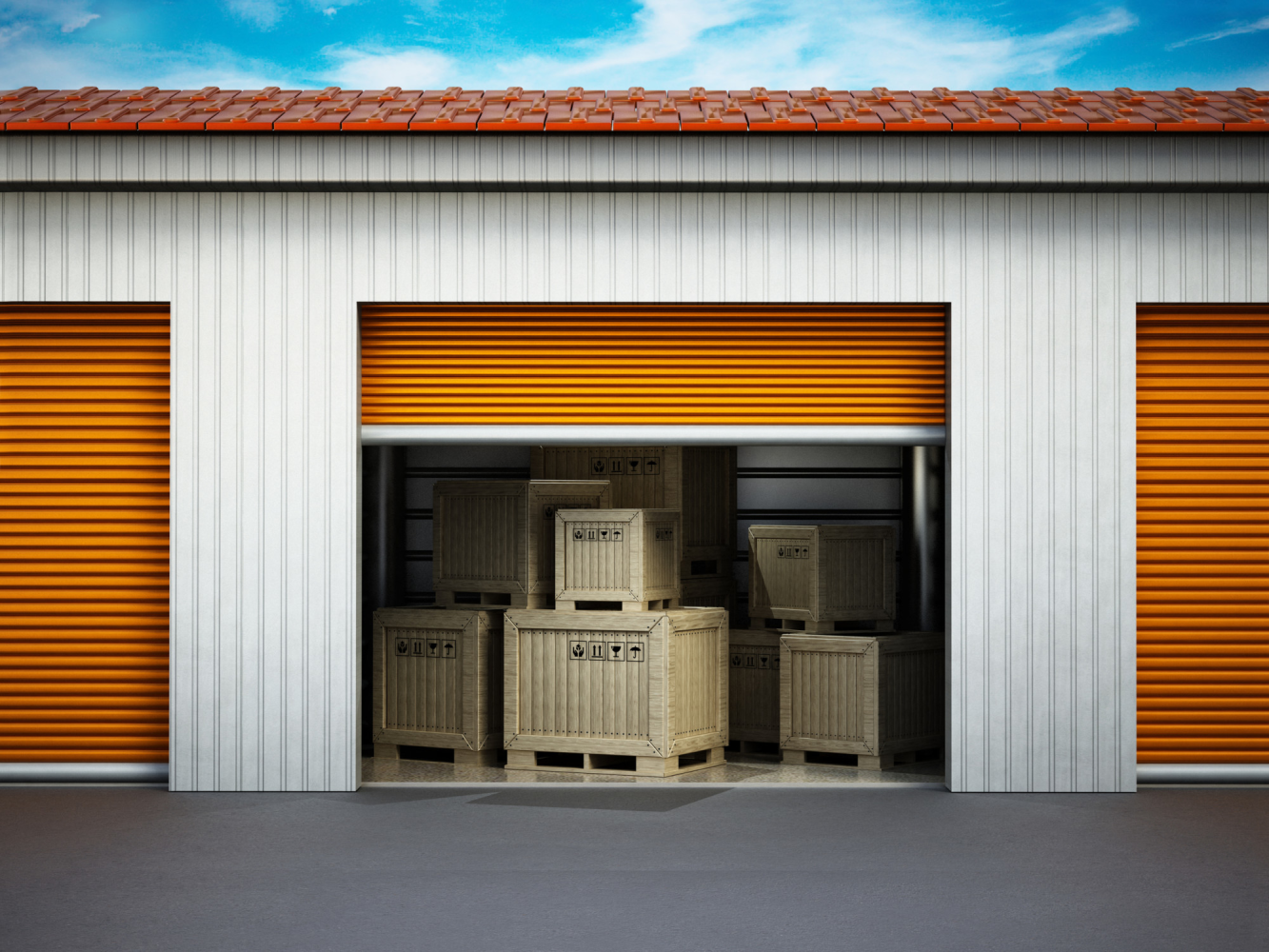
Automated Self-Storage Facilities and Property Protection
Technology is an incredible facet of the human experience that has the potential to enhance our lives in ways we could never imagine. We live in an era of human history in which people can instantly communicate across the world via video chat. Food and household items are delivered to our homes by a simple selection of products from a mobile device. Drones deliver packages for same-day delivery.
Technology is also manmade and has its upsides and downsides just like anything else. Although touchless technology and contactless service have to change the way tenants store their valuables, it isn’t flawless. No matter what sort of chinks are in the armor, as a self-storage facility owner operating a storage facility, proper property protection will prevent any issues that may arise.
This article is meant to help automated self-storage facility owners understand the importance of property protection for their tenants. Self-storage facilities are changing, and automated facilities are taking their place. Automated facilities are becoming more popular as a way to shift away from staffing their properties and focus on their customers, so owners and tenants alike are wondering what this does to change the way their belongings are covered.
What is considered an automated facility?
An automated storage facility is also known as an unmanned — or unwomaned — self-storage facility. These properties utilize current technology to operate remotely. Touchless tech includes electronic gates with security code access and keyless locks. An automated facility doesn’t mean that there is no staff ever, it just means that staffing is reduced and a lot of the processing and paperwork is done online.
Facilities are shifting away from fully staffing their premises by providing all of the self-storage services online, such as renting or reserving a unit, signing a lease, and paying to move in automatically. This shift doesn’t take away the need for tenant protection plans for the property.
What do automated storage facilities have to do with self-storage property protection?
Self-storage operators may wonder what an automated storage facility has to do with property protection for its tenants. Automated facilities don’t have the manpower of traditional self-storage facilities, tenants often wonder if they are safe enough to store their possessions.
As long as both the self-storage facility operator and the tenant are taking the necessary precautions in safeguarding property, a tenant property protection plan will cover necessary damages and replacement costs at no extra charge.
Utilizing Tenant Property Protection® as your source for possession protection for self-storage tenants will not only streamline the rental process at checkout but still provide the pertinent protection people’s property prefers.
What should an automated facility do to prevent and prepare for the unexpected?
An unmanned facility is still a secure site, especially since these automated facilities have technological security measures in place. These are the result of the technology built into these measures. For instance, automated facilities will individually alarm their storage units, with sensors to provide security feedback to operators, so they know which unit has been activated.
Other ways to prepare security defenses for storage facilities include an electronic gate that is only accessible via a personal entry code. Recorded video surveillance helps keep a watchful eye. Digital documentation is also a way to protect operators of automated facilities from fraud or egregious human errors. With digital access to all functions of a facility, it’s easier to maintain a property than simply walking through it.
Self-storge facilities have jumped on this technology train and have been following it through the post-pandemic society. Automated facilities are the wave of the future, so you need tenant property protection plans that can keep up with evolving technological trends. Tenant Property Protection® is more than just tenant insurance, it’s the peace of mind of insuring your belongings no matter where you choose to store them.